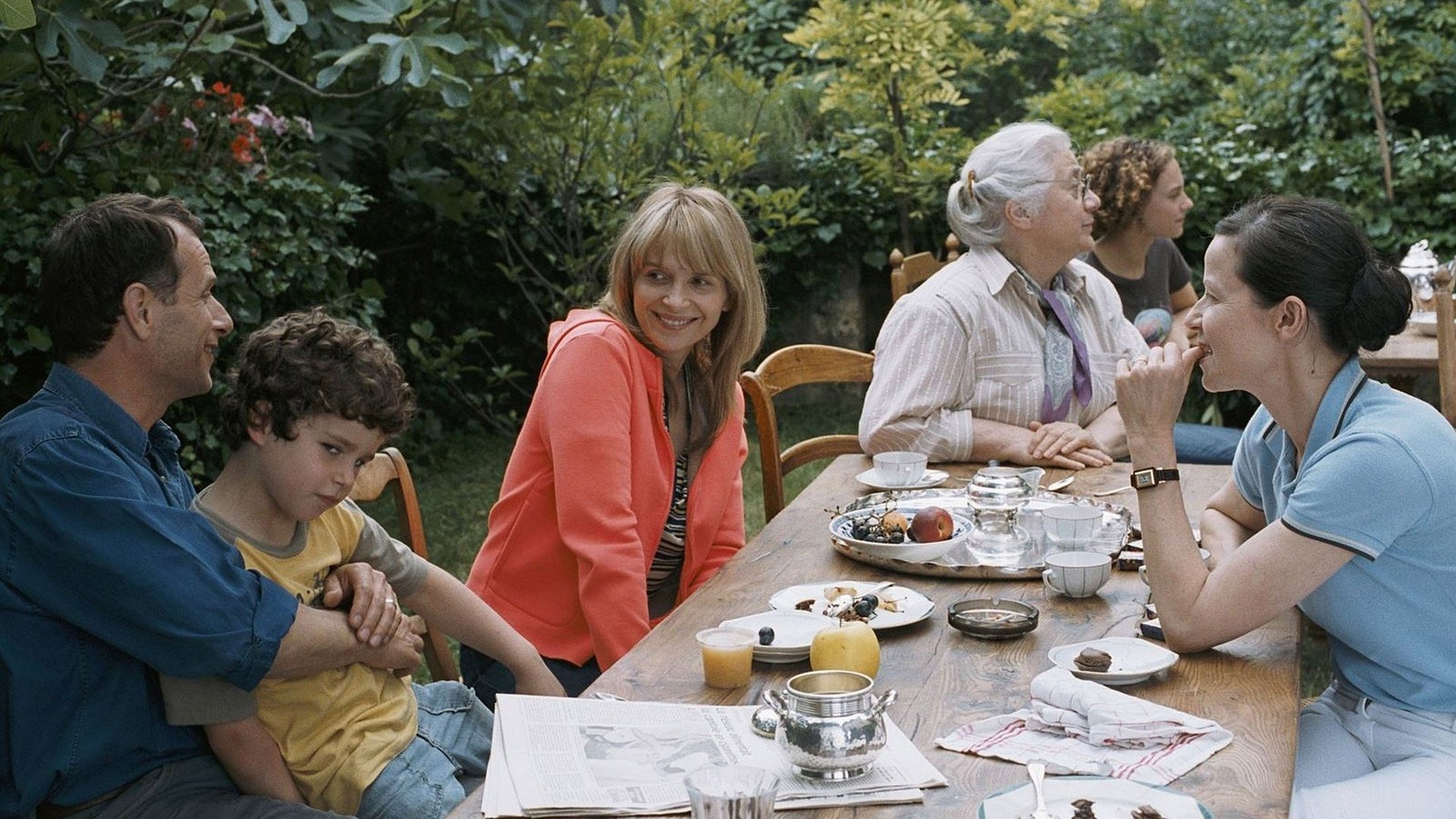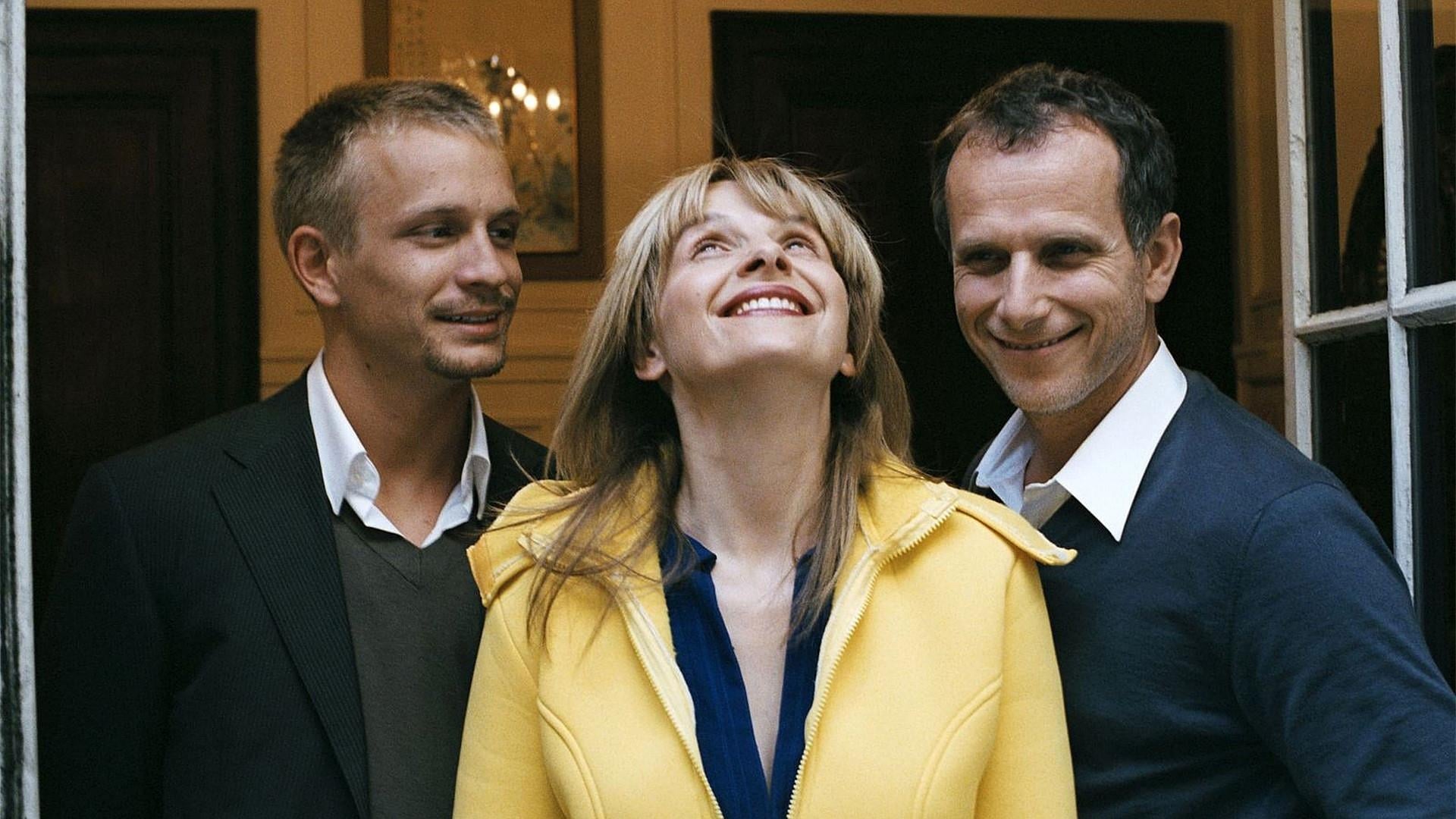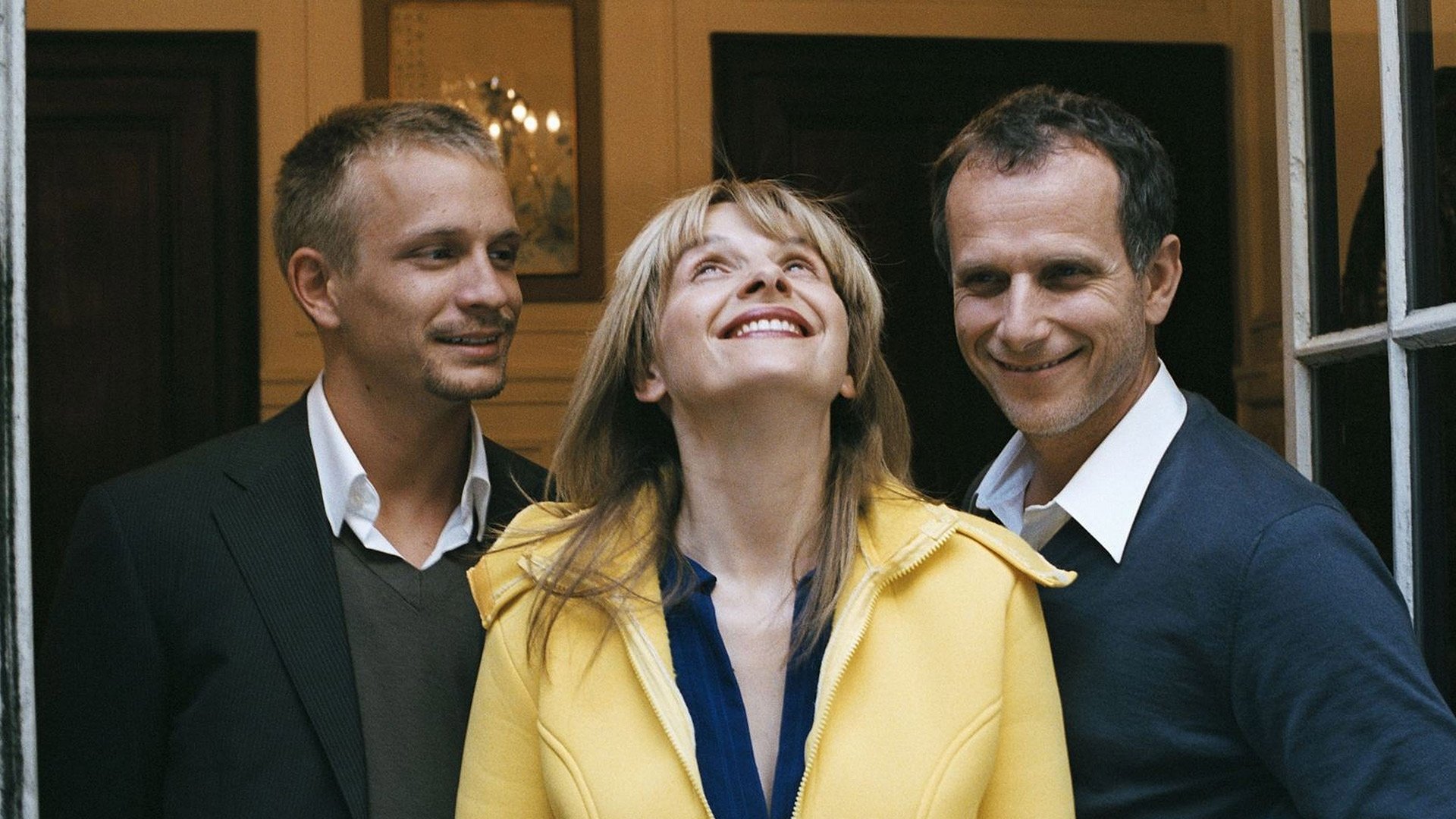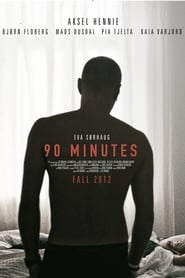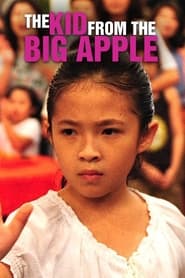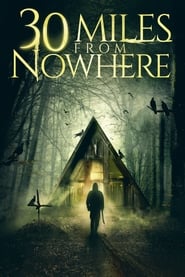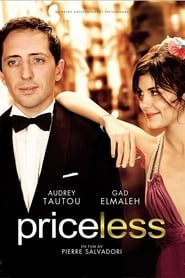
Video Sources 0 Views
Synopsis
Watch: L’Heure d’été 2008 123movies, Full Movie Online – In a small town, Hélène is a family matriarch who has devoted her life to preserving the legacy of her artist uncle. However, while her eldest son, Frédéric, wants to preserve her home after her passing, she harbors no such illusions as she prepares her legacy. After her death, her children realize what she anticipated as they come to terms with their inheritance’s place in their own lives. In the resulting disposition of their mother’s assets, treasured heirlooms of a romantic family past drift away even as their changing modern world confronts the value of their memories..
Plot: Two brothers and a sister witness the disappearance of their childhood memories when they must relinquish the family belongings to ensure their deceased mother’s succession.
Smart Tags: #family_relationships #child #cigar_smoking #climbing_up_a_wall #children’s_game #treasure_map #invisible_ink #birthday_party #depression #converse_sneakers #reference_to_the_d’orsay_museum_paris #museum_piece #family_secret #estate_tax #estate #niece_loves_uncle #uncle_niece_affair #deep_cleavage #memory #childhood_memory #death
Find Alternative – L’Heure d’été 2008, Streaming Links:
123movies | FMmovies | Putlocker | GoMovies | SolarMovie | Soap2day
Ratings:
Reviews:
Summer Hours
My only previous Assayas’ approach is Maggie Cheung’s Cannes BEST ACTRESS nabbing feature CLEAN (2004, 7/10), and for most Chinese media, Assayas seems to alway been in an ill-fated personage as Maggie’s ex-husband. But his works matures splendidly with finesse and sobriety (from CLEAN to SUMMER HOURS), the latter resounds a similar pace of meditation and quietude as Hirokazu Koreeda’s STILL WALKING (2008, 8/10), tackles with a slice of family life, with a contemplation towards the domestic heredity, globalized opportunism, alienated generations and art conservation.In dealing with a sentimental demise of a bourgeoisie matriarch, who resides in a suburban villa near Paris with all her uncle’s art menagerie and his worthwhile sketching books (apparently he was a renowned painter himself and an unspeakable family secret), Assayas infills an indefatigable stamina to keep all the delicate matters in a civil restraint, the contradiction abounds among three siblings in regard to keep or sell the villa; and the proceedings of donating valuable art pieces has also been a bumpy road; for the elder son, he also has teenage children to worry about, and last but not the least, his abiding remembrance of the past is the most poignant blow to one who can fit into his shoes under the circumstances.
The show has never been slid into a thespians’ melodrama notwithstanding the fact that its indulgence of a top-billing Gallic cast, a blonde Binoche incarnates a very light-touch casualness as the metropolitan daughter, living in USA and dedicates herself more in bringing the work of art abroad for the international exposure; Renier, the younger son, finds both an opportunity in settling down in China and an exigent situation in which the profit of selling the villa couldn’t come as timely as possible. While these two are soon-to-be-goners, without a pinch yearning for their homeland, the liability all falls on the elder brother (Berling), whose true-to-life embodiment of his character anchors the film’s backbone in a concrete formality, it is a prickly situation will come about to anyone eventually. Edith Scob, as the deceased mother, whose first 30-minutes appearance contrives to establish herself as an indomitable shadow encroached by the past, when she is gone, something else will be taken with her together and forever, Scob is pitch perfect in her role’s demanding of the physical infirmity, an unswerving mind of knowing her time is up and the duty as a bequeather.
I have not conceal my preference to this quiet, reflective lifelike imitation than other more grandstanding razzle-dazzle, it is a simple film with a concise message delivered eloquently by the mastery of Assayas who auspiciously shoulders on the privilege of an auteur not only in the French terrain, but also as an international landmark, like many of his precedent compatriots.
Review By: lasttimeisaw
Sitting, talking, exhaling…. We’re filthy rich, but we could be richer.
We’ve sat through various characters contemplate decisions on screen throughout the history of cinema. Some have been more heart-breaking than others, others have been measured and contemplative – most have gone on to greatly affect these characters as well as those around them. We’ve witnessed the titular Umberto Domenico, in a 1950s Italian film entitled “Umberto D.”, face a terrible predicament wherein he may or may not have to say goodbye to his faithful pet, whom he loves and has spent the best part of post-War Italy following him around as a lone companion. Others have been more reflective, and much more recent. We’ve observed a character very few people have anything bad to say about in Jules Winnfield, Samuel L. Jackson’s African American hit-man in Tarantino’s 1994 film Pulp Fiction, go through a dialogue driven sequence wherein Winnfield weighs up what he’s doing in life through an absorbing exchange. We’ve seen characters snap, the likes of Bickle deciding to do what he did and we’ve seen decisions act as the centre piece of a film’s drama as twelve angry men go through the motions to reach one of two conclusions: guilty, or not guilty. Now witness a film whose sole purpose is to revolve around rich, intelligent, successful middle aged people torn between keeping a bunch of artwork and remaining rich or selling it all and becoming that little bit richer. Witness Olivier Assayas’ film. Witness a stain on French cinema. Witness entering a hundred minutes of cinematic Hell. Witness Summer Hours.Yes, it really is that bad; that trudging; that frustrating and that ill-conceived. It’s not that Assayas doesn’t have any material with which to work in Summer Hours; on the contrary, he has a large family beginning at the top with its eldest member, in Edith Scob’s Hélène, which fritters down to the infant grandchildren by way of sons and daughters and their marital partners – it’s just that he resists doing anything with them, and resists taking them anywhere. People SPEAK of travelling great distances, or going places, but little is actually ventured nor really learnt. We begin at an isolated summer house with each of these respective relatives enjoying the birthday festivities to that of Hélène, their host. This woman still lives in the old family home, and coming back for these summer functions is a home-coming for her now adult children. In the home is her vast collection of art and paintings, something she speaks of enthusiastically – for her sons and daughters, one assumes seeing them again brings back an odd nostalgia one can often have for art, perhaps films from one’s childhood. Perhaps they don’t, the idea that forms of art can induce these sorts of responses regardless of its form isn’t explored.
Assayas wastes away a solid forty five or so minutes during this opening, and how one could claim that he has done anything else other than waste our time would be extraordinary. These people sit around, they talk; they eat; they loiter with their life partners; they smoke – we can only snooze. It is quite extraordinary, in fact, just how little happens with so many people on screen – there is no narrative, no attention to character and the family all seem to get along with each other quite well. I think a point is made as to how spread out Hélène’s offspring are, in terms of what they do and where they work – Juliette Binoche’s Adrienne works in America for a Japanese company, while another son has work opportunities in China on the horizon which will result in holidays of what’s he doing now, only in the likes of Bali. Thus, the juxtaposition between a more modern world, where no one really needs to belong anywhere; borders become greyer by the day and nationalities of companies, people and where they’re based might as well be anywhere, with little old Hélène in her old manor house from a time that was simpler and more grounded, is made.
Again, with little exploration – why should we care? It has these pretensions to be about changing times but in essence, just comes off as a total bore that’s grossly misjudged in its application of this grounded approach and desire to spread out the character study to as many people of this family as possible. The event kick starting whatever study or chain of events Assayas thinks he’s telling arrives with Hélène’s death, something that instigates talk between the siblings of selling the old family home and the treasures therein; a decision to sell off these people’s childhood at a time in their lives when they’ve already started families; moved abroad and riddled themselves of their infant-hood anyway. What little conflict there is arrives in the form of Éloïse (Sadoyan), a younger sister to the bulk of the kids who doesn’t have as much of an input and would be truly victimised should the property be sold. It is quite remarkable that the film’s central dilemma sees these people bickering with one another over whether earning extraordinary amounts of money through the selling of these things, or continuing to live the affluent lifestyle they have anyway, is at the core of proceedings. To say it is monumentally misjudged is an understatement; to say that it’s a mite offensive would be to tell the truth, so say that a film is offensive AND boring would be to accuse a project of perpetrating a crime against cinema. Unfortunately, Assayas has done exactly that and bestowed upon us a crime for which few punishments would be enough.
Review By: johnnyboyz
Other Information:
Original Title L’Heure d’été
Release Date 2008-03-05
Release Year 2008
Original Language fr
Runtime 1 hr 43 min (103 min)
Budget 0
Revenue 0
Status Released
Rated Not Rated
Genre Drama, Family
Director Olivier Assayas
Writer Olivier Assayas
Actors Juliette Binoche, Charles Berling, Jérémie Renier
Country France
Awards 8 wins & 23 nominations
Production Company N/A
Website N/A
Technical Information:
Sound Mix Dolby Digital
Aspect Ratio 1.85 : 1
Camera Aaton 35-III, Cooke S3 Lenses, Arriflex 535B, Cooke S3 Lenses
Laboratory Arane-Gulliver, Paris, France
Film Length 2,837 m (Portugal, 35 mm)
Negative Format 35 mm (Kodak Vision2 200T 5217, Vision2 500T 5218)
Cinematographic Process Digital Intermediate (master format), Super 35 (3-perf) (source format)
Printed Film Format 35 mm (spherical)
Original title L'Heure d'été
TMDb Rating 6.389 117 votes
Director
Director


